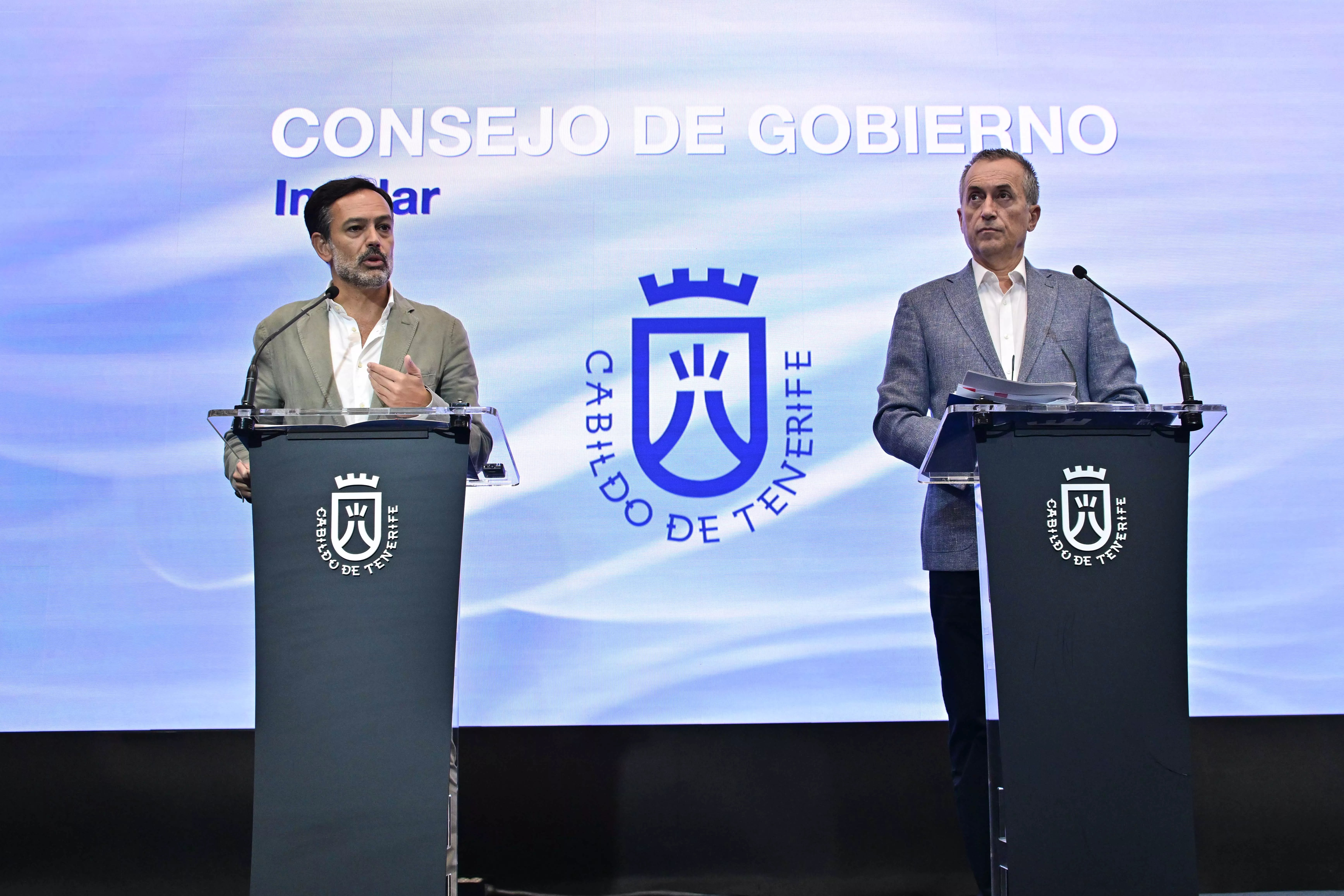
The Department of Ecological Transition will calculate the carbon footprint and study shaded areas along the route
SANTA CRUZ DE TENERIFE, Dec. 7 (EUROPA PRESS) –
The Ministry of Ecological Transition, Fight against Climate Change and Territorial Planning of the Government of the Canary Islands has published this Wednesday in the Official Gazette of the Canary Islands (BOC) the agreement of the Autonomous Environmental Commission regarding the suspension of the General Planning Plan of Santa Cruz de Tenerife, in the area of Cabo Llanos, for the implementation of the future City of Justice.
This exceptional procedure for the suspension of planning and the establishment of transitory substantive rules is processed at the request of the Ministry of Public Administrations, Justice and Security.
The regional councilor responsible for the area, José Antonio Valbuena, has highlighted in a note the importance of this milestone for this project to go ahead and allow it to cover a judicial use concentrated territorially in Cabo Llanos, but differentially distributed according to the different judicial bodies and complementary uses to house.
The Strategic Environmental Document that has been made official in the BOC includes general information on the project such as its location and geographic description, objectives of the Transitory Substantive Regulations, scope of the object of suspension and other more specific aspects, such as the foreseeable effects on the territorial and sectoral plans, proposed environmental measures, vulnerability analysis and other proposals planned to carry out environmental monitoring of this initiative.
Among other measures, it is proposed to carry out a calculation of the carbon footprint of the planned new actions and buildings, taking into account the data and projections known for the Canary Islands, and include the forecast of shaded spaces throughout the area (even in the itineraries pedestrian) to minimize the effects of heat in the intended area.
It also reflects that the scope of the Substantive Regulations is located outside protected areas and that this environment is highly anthropized and urbanized, so there are no relevant natural resources or species classified as vulnerable or threatened.
This procedure becomes official after having carried out the mandatory consultations with all the administrations involved, such as the Santa Cruz de Tenerife City Council, the Cabildo, all the departments of the Government of the Canary Islands or the ministries of Defense, Economic Affairs or Ecological Transition and Demographic Challenge.
















